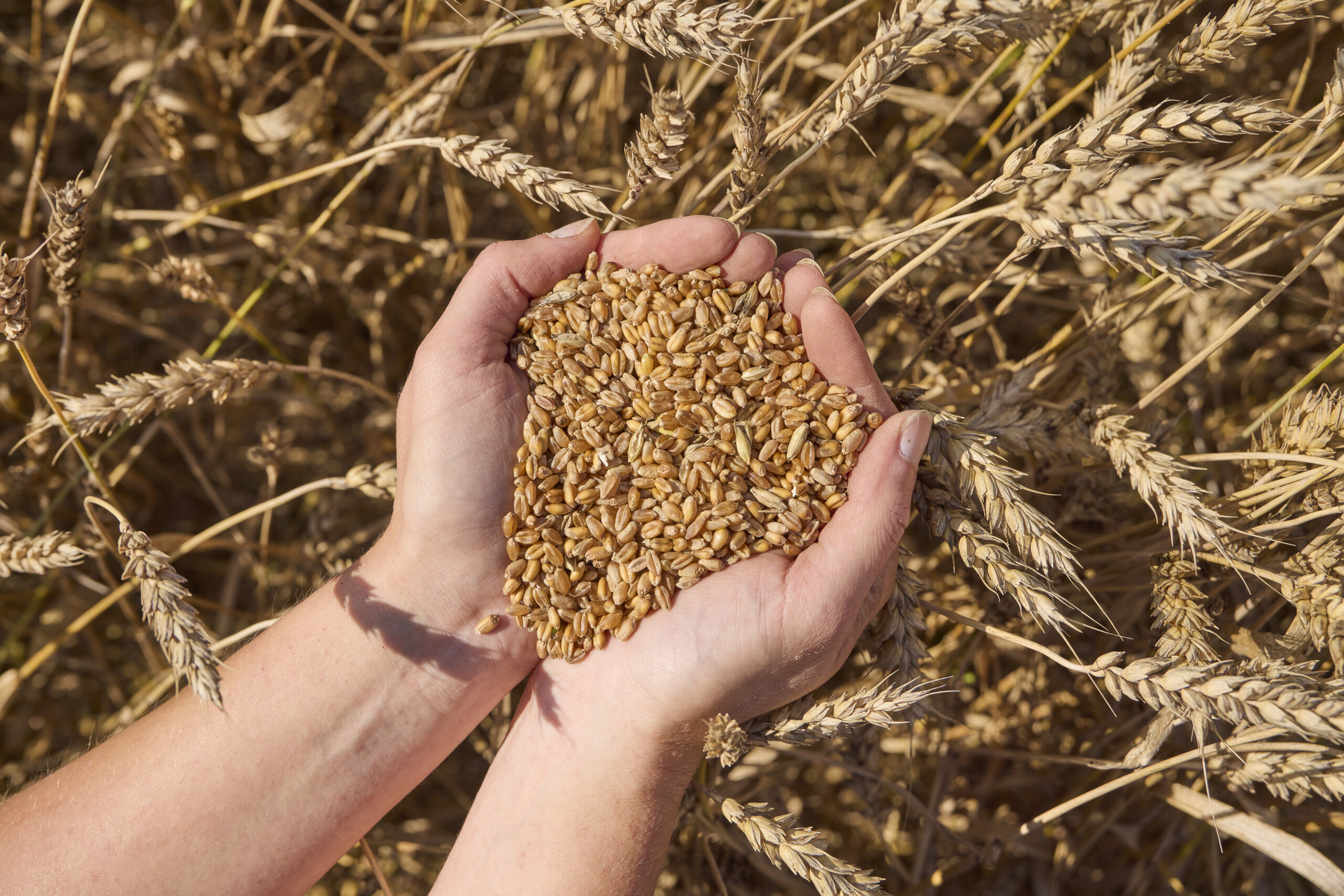
Helsinki Mills CSRD Reporting on the Right Track
Ecobio supported Helsinki Mills in carrying out a double materiality assessment in line with the EU’s CSRD directive
Helsinki Mills is a 90-year-old Finnish family-owned company known for its high-quality Myllärin products. It is Finland’s largest processor of organic grains and gluten-free oats.
The company has long paid attention to sustainability and climate issues. A major new step in its sustainability journey will occur in 2026 when Helsinki Mills must report per the EU’s Corporate Sustainability Reporting Directive (CSRD). Preparing for the first sustainability report was a significant undertaking that called for support from an external expert.
“It felt difficult to start preparing the first sustainability report entirely alone. Since no CSRD-compliant reports had been published yet, many things were unclear: What level of assessment is sufficient? How should documentation be done to be thorough enough?” explains Laura Pokela, Quality and Sustainability Manager at Helsinki Mills.
Thanks to a clear proposal and workshop-driven approach, Ecobio was selected as a partner.
“We didn’t want a turnkey solution. The workshops worked well because they helped us build our expertise. Now, we know how to do the assessment and update it ourselves. We’re no longer fully dependent on external help.”
Close Collaboration Kept the Project on Track
The joint project between Helsinki Mills happened in the autumn of 2024.
It began with a review of Helsinki Mills’ current state, business context, value chain, and key stakeholders. At the same time, the team explored the most relevant sustainability topics for the entire industry.
“From the start, the idea was that the client would take an active role in the assessment. A key goal of the project was to strengthen the client’s own understanding of sustainability and train them in conducting the double materiality assessment,” explains Mari Sillanpää, Project Manager at Ecobio.
The workshops began with an overview of the ESRS standards’ requirements for double materiality assessments. The assessment work was initiated jointly and continued internally at Helsinki Mills, following Ecobio’s guidance.
The process progressed in stages: first, stakeholder perspectives on sustainability were collected. Then, the operating environment and value chain were mapped. After that, sustainability impacts, risks, and opportunities were identified and assessed for materiality. Finally, the assessment concluded with a summary of the key disclosure requirements Helsinki Mills would report on in the first year.
One factor in the project’s smooth execution was the recurring check-in meetings between Helsinki Mills and Ecobio, which helped resolve challenges and kept the project on schedule.
Clarifying Sustainability from Multiple Angles
The project lasted just over three months. At the end of the process, Helsinki Mills had a clear view of how to begin its CSRD-compliant sustainability reporting—what topics are material for them and what data needs to be reported in the first year.
“This collaboration has been very beneficial for us. Our overall competence in sustainability has increased across the company,” says Pokela.
Involving key personnel helped deepen their understanding of how sustainability relates to their roles.
“For example, when developing products and selecting new raw materials, we now better understand how those choices can affect things like water resources.”
A concrete benefit is that Helsinki Mills is now prepared to report in compliance with CSRD.
“We will start reporting in spring 2026, covering data from 2025. Now we clearly know what data we need to have in place for that.”

“For a company of our size, it makes the most sense to do this (double materiality assessment) with a skilled partner.”
Laura Pokela, Quality and Sustainability Manager, Helsinki Mills
A Partner Helps Focus on What Matters Most
The EU’s sustainability reporting directive is a broad and resource-intensive framework that poses challenges, especially for small and medium-sized companies. Often, the most significant hurdles are limited internal resources for sustainability and a lack of experience with long-term sustainability reporting.
According to Sillanpää, Helsinki Mills is a great example of how to create a fit-for-purpose process tailored to the capabilities of a mid-sized company.
Pokela adds that having an external perspective helps determine what’s essential from a reporting standpoint.
“For a company of our size, it makes the most sense to do this with a skilled partner. You can do the reporting alone, of course—but then there’s a risk of veering off course.”
